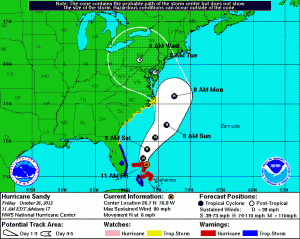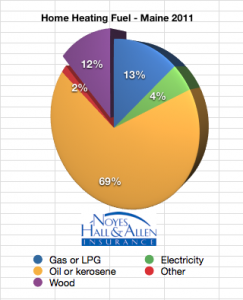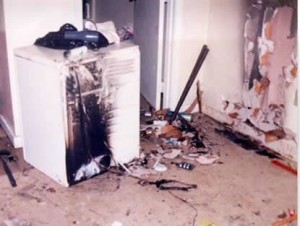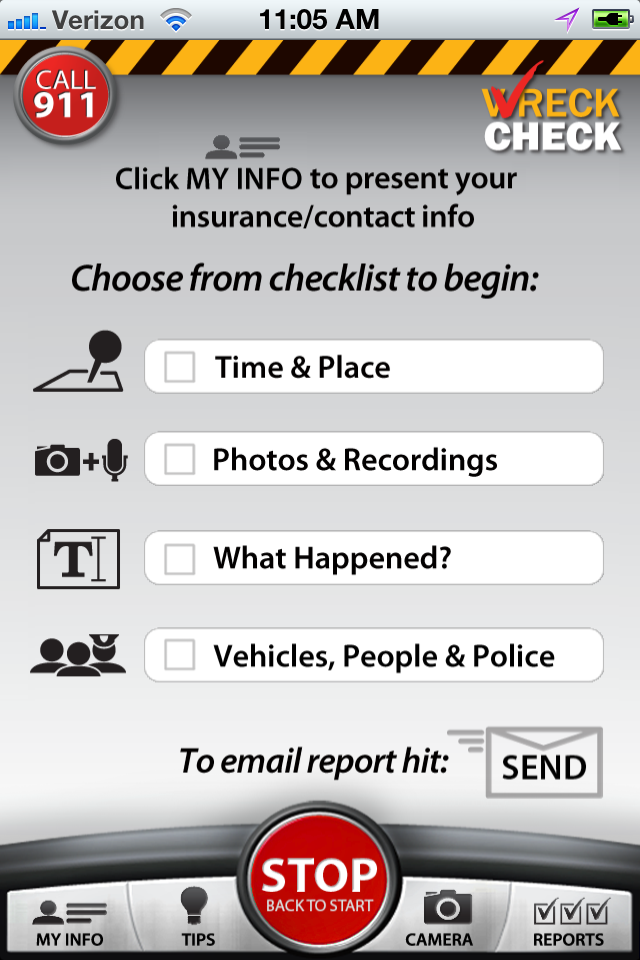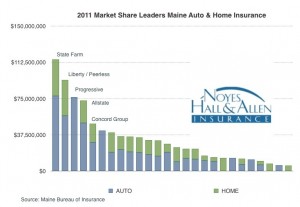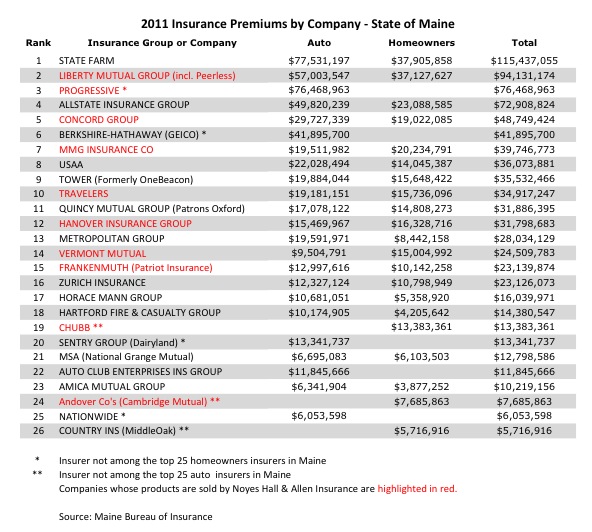Effective January 1, 2013, a new Maine law makes it harder for workers to be considered independent contractors, and more likely for them to be considered an employee. If you consider yourself to be a Maine independent contractor, or are a Maine business that hires such people, paying attention to this can help you get more work – or save money for your business.
For Independent Contractors
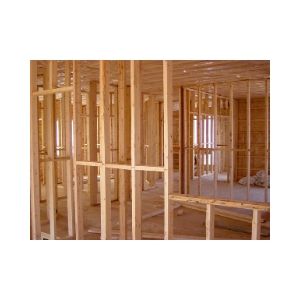 If you want to be considered an independent contractor in Maine, you can either buy Maine workers compensation insurance or obtain a Maine Predetermination of Independent Contractor Status (WCB266), proving that you meet 5 criteria, and at least 3 of another 7. Otherwise, you are presumed to be an employee.
If you want to be considered an independent contractor in Maine, you can either buy Maine workers compensation insurance or obtain a Maine Predetermination of Independent Contractor Status (WCB266), proving that you meet 5 criteria, and at least 3 of another 7. Otherwise, you are presumed to be an employee.
With this pre-determination in hand, or by buying your own Maine Workers Comp coverage, you have a big jump on your competition. Companies that hire you won’t have to pay Maine Workers Compensation premium on your work, reducing their costs. This puts you at a significant advantage against your competitors seeking the job. Make sure you provide a Certificate of Workers Compensation Insurance or a copy of your approved WCB266 when you bid for work.
Predetermination (WCB 266) forms are good for one year, so be sure to re-apply every year. Also, they are “portable; you can use the same form can for multiple jobs in the one year.
For Maine Employers
To reduce your Maine business insurance costs, obtain a Certificate of Workers Compensation Insurance or a Predetermination of Independent Contractor Status (WCB266) from each contractor you hire. Consider it a “get out of jail free” card against paying more premium on your workers compensation insurance audit.
Be sure to collect this proof BEFORE the job starts, because Predetermination forms are NOT retroactive.
For more business tips on navigating Maine Workers Compensation insurance, contact a Noyes Hall & Allen agent at 207-799-5541. We’re independent and committed to you!


